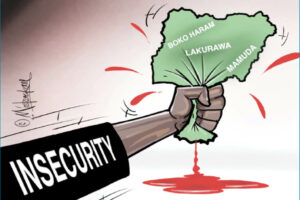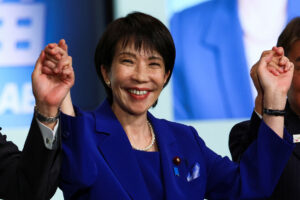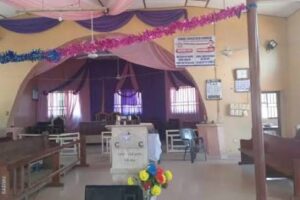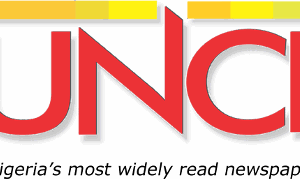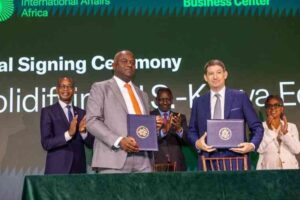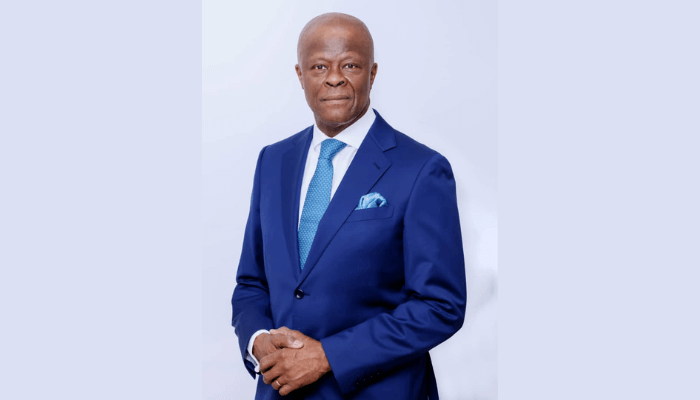
The federal government, through the Ministry of Finance, is setting its sights on a crucial next phase of economic reforms: directly translating hard-won macroeconomic gains into tangible improvements for the lives of everyday Nigerians.
This was articulated by Wale Edun, minister of finance, represented by Sanyade Okolie, special adviser to the president on finance and economy, at the recent BusinessDay event themed “Reformed to Recovery.”
“There is a sense of responsibility and recognition that the necessary reforms that have been implemented have made life in the short term more difficult for individuals. And we need to very rapidly ensure that the benefits of these reforms go down to the individual citizens,” she said.
In 2023, the present administration implemented hard reforms such as the removal of fuel subsidy, liberalisation of the foreign exchange markets, and, more recently, the implementation of new Tax acts.
Most of these reforms have come with hard pains but macroeconomic gains; however, these gains are yet to be felt by many Nigerians.
Some of these gains include the appreciation of the naira to N1455/$, the strongest since January 2025. Inflation has also been on a downward trajectory hitting 20.12 percent in September 2025.
The GDP also saw its highest growth in four years to 4.23 percent in the second quarter of 2025 driven by oil sector as oil production as also increased.
Read also: How Nigeria can mobilise private capital to close $100bn infrastructure gap
All these have seen the nations FX reserve grow to $42.32 billion as of September 29, the highest in highest in more than five years.
The special adviser highlighted that some of the signs of these gains are moderation in inflation, growth in FX reserves and many more.
“Inflation is moderating, we did the rebasing, but even if you take out that effect, over the last few months, we see it trending down, and that’s what we expect for it to continue to do. And as the inflation stabilizes, then interest rates will begin to decline, which will just make it so much easier for businesses and essentially de-risk the operating environment here in Nigeria,”
“We’ve seen the net reserves increase significantly. We are breaking the cycle of macroeconomic instability, and using it as a launch pad for inclusive growth,” Okolie said.
She explained that the reforms needed to happen, “So whilst removing the fuel subsidy was a critical reform, difficult but critical, it had some immediate fiscal implications.”
“And it also had the broader economic issues that we’ve spoken about. But remember that the fuel and FX subsidies were consuming about 5 percent of GDP. And only a tiny sliver of society was benefiting from these subsidies. It did have to, it had to go,” she said.
She mentioned that some of the ways that this administration intends to make the reform gains inclusive are an increase in food production, an increase in oil production, efficient electricity, and many more.
“On the agricultural side, a lot of the pain has to do with inflation, and a core part of inflation is food inflation. Working on the agricultural side, providing the inputs to farmers, and on a timely basis, so that we can increase the production of food,
“On the energy security side, we’re taking a dual track. There’s oil and gas.
We intend to increase production. And we’re also looking at the electricity side, the power side, the liquidity challenges that we’re aware of, and there are plans in the immediate, mid to long term, to address some of the liquidity issues,” Okoli said.
She mentioned that the M300 program, which is part of the World Bank AFDB partnership, aims to power 300 million more Africans, of which Nigerians are a huge chunk.
“On the infrastructure side, we recorded a major milestone in the last week, and that’s private sector financing of phase one of the Lagos-Calabar coastal highway.
Which is already about 70 percent completed and opens that channel to things produced at the Lagos free zones to get across the country,” Okolie mentioned.
On education, she said the administration is shifting towards a knowledge-driven economy with a focus on STEM, the science, technology, engineering, maths, and medical sciences. And then also to the technical and vocational educational training.
She also mentioned that on social protection, the administration is scaling up the direct cash transfers to the most vulnerable, using the NIN to make sure that the money gets to the people who need it on time.
